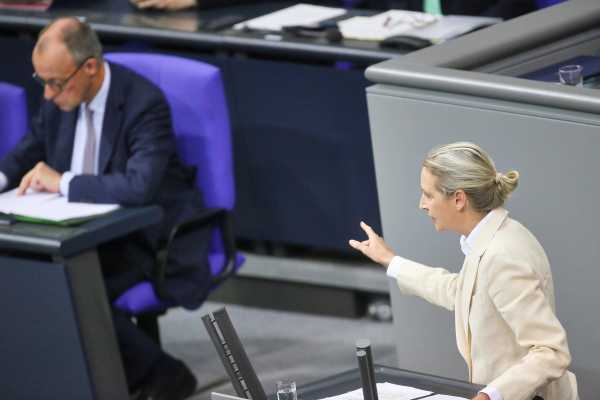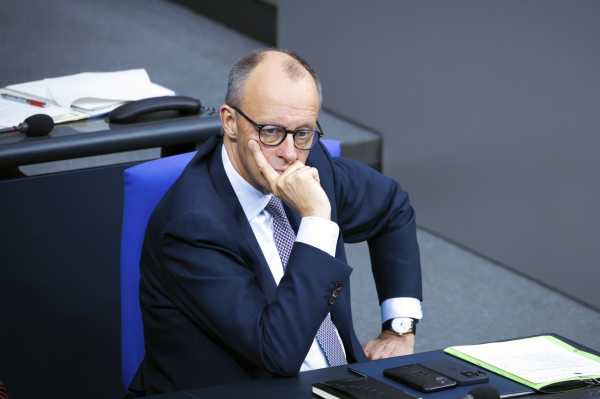Australia wants to integrate cryptocurrency into economy in new White Paper
Australia unveils new regulatory framework for cryptocurrencies, aims to integrate digital assets into its economy
The government's plan will task various departments with exploring different aspects of digital assets, including tokenization and CBDC.
Sam Reynolds | Edited by Parikshit Mishra Updated Mar 21, 2025 7:21 AM UTC Published Mar 21, 2025 7:12 AM UTC

What you need to know:
- Australia is looking to integrate digital assets into its economy, drawing inspiration from practices in the EU and Singapore.
- The government will conduct pilot tests of tokenized money and introduce a licensing structure for cryptocurrency exchanges.
- Steps have been taken to address issues related to debanking, based on similar discussions in the US.
The Australian government has announced an ambitious national approach to regulating and integrating digital assets into the wider economy, drawing on experience gained in the European Union (EU) and Singapore.
In a white paper released by the Australian Treasury, the government announced its intention to use tokenisation, real world assets (RWAs) and central bank digital currencies (CBDCs) as part of a broader initiative to modernise its financial system.
The government currently rules out the possibility of issuing a retail CBDC, but views a wholesale version of CBDC and a tokenized settlement infrastructure as key factors to improve market efficiency and expand access to assets.
The Australian Government says the Australian Treasury, the Australian Securities and Investments Commission and the Reserve Bank of Australia intend to begin pilot trials with tokenised money, including stablecoins, for settlement in wholesale tokenised markets.
“Tokenized asset markets have the potential to increase automation, reduce settlement risk, reduce reliance on multiple financial intermediaries, simplify trading processes, reduce transaction costs, and provide greater access to traditionally illiquid assets,” the report says.
The document also outlines a licensing framework for cryptocurrency exchanges, which will be referred to as Digital Asset Platforms (DAPs) in Australia.
DAP operators will be required to comply with financial services requirements such as capital adequacy and disclosure standards, and to use third-party custodians to hold client assets.
The Government also intends to address the sector's debanking concerns through the DAP licensing regime, as outlined in the White Paper, to enable banking partners to manage risk more effectively.
Australia's anti-debanking measures come in response to ongoing hearings on the topic in the US, where Senator Tim Scott's FIRM Act aims to prevent regulators from using “reputational risk” to block cryptocurrency companies from accessing banking services.



